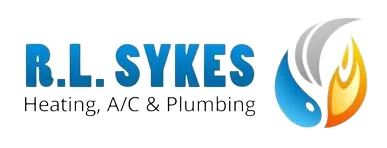FAQs
What should I do if my drain is clogged?
Before calling a plumber, you can try using a plunger to clear the clog. If that doesn’t work, a chemical drain cleaner might help, but use it cautiously as it can damage some pipe materials. If these methods fail, it's best to contact a professional plumber to avoid further damage to your plumbing system.
How can I prevent my pipes from freezing in the winter?
To prevent pipes from freezing, keep your house heated to at least 55 degrees Fahrenheit, even if you are not home. Insulate pipes located in unheated areas like basements, attics, and garages. Additionally, letting faucets drip slightly can also help prevent the pipes from freezing.
Why is my water heater not producing enough hot water?
This could be due to several reasons, such as a malfunctioning thermostat, a buildup of sediment in the tank, or issues with the heating element. It’s advisable to have a plumber inspect the water heater to diagnose and resolve the issue.
Can I use chemical drain cleaners regularly?
Frequent use of chemical drain cleaners is not recommended as they contain harsh chemicals that can corrode your plumbing over time. For regular maintenance, consider enzyme-based cleaners that are safer for your pipes or mechanical methods like snaking.
How often should I have my plumbing system inspected?
It’s a good practice to have your plumbing system inspected by a professional at least once a year. Regular inspections can help identify potential problems early, preventing costly repairs and ensuring that your plumbing system operates efficiently.



